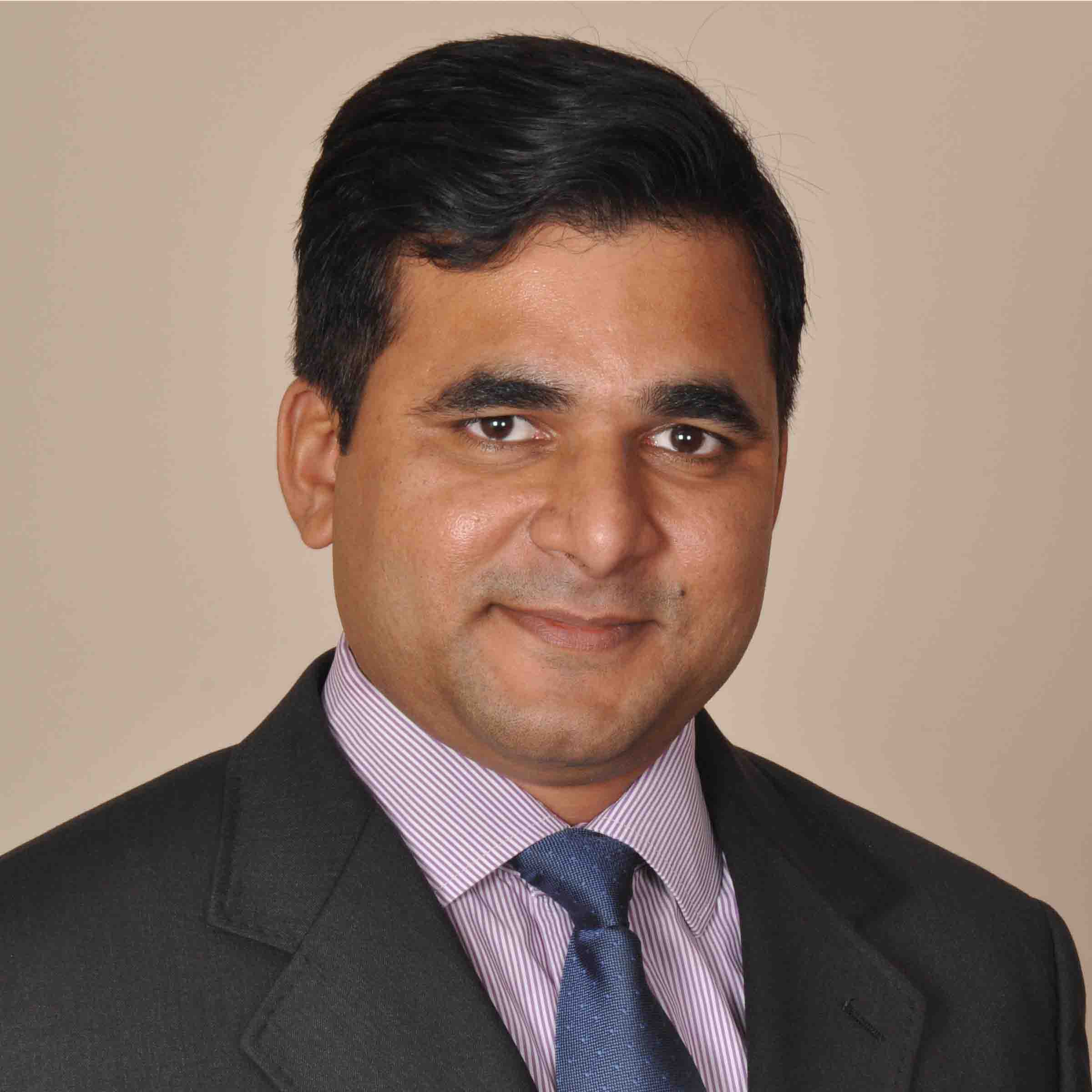 Amit Tripathi, Head –
Fixed Income, Reliance Mutual Fund says that risk-averse investors should
invest in dynamic bond funds in a declining interest rate scenario.
Amit Tripathi, Head –
Fixed Income, Reliance Mutual Fund says that risk-averse investors should
invest in dynamic bond funds in a declining interest rate scenario.
FMPs were the flavor of the season throughout 2012 when interest rates were high. Will FMPs continue to be attractive in 2013 as well as interest rates are likely to fall?
FMP returns are a reflection of the general interest rate scenario for specific maturities at that point in time. Hence while FMP returns currently may not be as attractive as last year because rates have come down in general, that will apply to other saving instruments also. Further, given the relative advantages in terms of rates that MFs can manage due to bulk investing and tax efficiency, their returns will continue to make FMPs a preferred investment avenue for risk-averse retail investors.
On what basis should investors decide which category of funds (duration, dynamic, gilt, MIP, liquid etc.) to go for?
The choice of any debt fund should be driven by three things. a) The purpose of investment. b) The time horizon of investment. c) The risk appetite of the investor.
Once we have the answer to these three questions, it’s easier to choose. For e.g.: An investor who is just looking at debt funds for temporary parking of surpluses will choose a liquid/ultra-short term fund. An investor wanting to gain from a favorable movement in interest rates may choose between short term debt fund and an income fund, based on his time horizon and risk appetite.
Finally an investor looking at debt funds from an asset allocation perspective, with a medium to long term (one year and beyond) time horizon, may choose from funds like RSF – Debt (focus on creating returns though credit exposures), Dynamic Bond Fund (focus on creating returns through duration management) and MIP (focus on creating returns through marginal equity allocation and moderate duration profile). Any of these three funds should always be a part of core debt allocation, irrespective of interest rate views.
Many are expecting interest rates to trend down this year. How should investors reposition their fixed income portfolios?
Given our view of a softening bias in interest rates over the next 12 to 18 months, investors should add duration to their portfolios. While the RBI has cut repo rate by 25 bps in the latest credit policy, we believe there may be further rate cuts from the RBI, and the softening bias is likely to continue.
Investors, who are confident on their ability to enter and exit at the right time from duration funds, can choose between short term bond funds, and income funds, depending on their risk appetite. Investors, who want to gain from a fall in rates but don’t want to time the market themselves, should look at a product like the dynamic bond fund, where the fund manager will add and reduce duration in the portfolio based on the views on interest rates at any point in time; that way investors will be able to gain in a declining rate scenario, and will be able to preserve gains once that move has broadly paid out.
From a tax efficiency perspective also, a dynamic bond fund may be more suited, as investors can continue to stay invested even after the rally has played out as the fund managers are expected to reduce duration in the portfolio, once there are signs of rates bottoming out. In this manner investors will benefit from an indexation perspective.
Which kind of debt funds can we expect to see from RMF going ahead?
We have always focused on the end requirement of investors, while creating our basket of debt fund offerings. We think the current basket adequately meets most requirements of a retail investor. Having said that, all new initiatives will be based on our understanding of any niche in terms of investor requirements (for example : retirement focused funds / pension funds to meet long term annuity objectives, floating rate funds which can be used as a hedge for investors who have floating rate liabilities etc.) We will continue to evaluate these needs, and based on market feedback, come out with appropriate product offerings. At the same time, we will continue with a steady pipeline of closed ended debt and hybrid products which have already been accepted favorably by a large number of retail investors.





